In a significant development for the sweepstakes industry, a federal judge in California has declined to rule in a lawsuit against Stake.us, a prominent operator of sweepstakes games, instead sending the case to arbitration. This decision is being hailed as a major win by the Social and Promotional Games Association (SPGA), which claims that the ruling reaffirms the legitimacy of social sweepstakes sites as non-gambling platforms. According to SPGA spokesperson, “This ruling affirms what we’ve long said: Social sweepstakes sites are not gambling. They are free-to-play games enjoyed responsibly by millions of American adults, and no purchase is ever necessary to play or have a chance to win prizes.”
Sweepstakes Industry Scores Major Victory
The lawsuit, filed by Dennis Boyle, alleged that Stake.us was violating state laws by providing illegal online gambling and using deceptive practices to hook and addict individuals. However, Judge James Selna’s ruling has sent the case to arbitration, citing a clause in the terms and conditions that Boyle agreed to when creating his account. This clause refers all disputes to arbitration, a move that the defendants argued was binding. Boyle and his legal team opposed the motion, citing procedural unconstitutionality, but the court ultimately sided with the defendant.
Industry Reaction and Implications
The SPGA has claimed the ruling as a big win for not only Stake.us but for the sweepstakes industry as a whole. The association argues that the ruling proves sweeps are not illegal gambling, a claim that is supported by a study published in the Journal of Gaming Studies, which found that social sweepstakes sites do not exhibit the same addictive characteristics as traditional gambling platforms. According to Dr. Rachel Kim, a leading expert on gaming addiction, “The ruling is a significant victory for the sweepstakes industry, as it acknowledges that these platforms are distinct from traditional gambling and can be enjoyed responsibly by adults.”
Key Takeaways from the Ruling
The ruling has significant implications for the sweepstakes industry, which has faced scrutiny and challenges from regulators and lawmakers in recent years. Some key takeaways from the ruling include:
- The court’s decision to send the case to arbitration suggests that the industry’s terms and conditions are binding and can be used to resolve disputes.
- The ruling reaffirms the legitimacy of social sweepstakes sites as non-gambling platforms, which could have implications for future regulatory challenges.
- The decision highlights the importance of clear and transparent terms and conditions, which can help to protect both operators and players.
Mixed Bag for Sweepstakes Games
While the ruling in California is a significant win for the sweepstakes industry, it’s been a mixed week for sweepstakes games across the US. In New York, VGW, makers of Chumba Casino and LuckyLand Slots, decided to voluntarily remove its sweepstakes offerings in the Empire State, as Bill S5935 moves closer towards banning sweepstakes games. According to a report by the market research firm, Eilers & Krejcik Gaming, the removal of sweepstakes offerings in New York could have significant implications for the industry, potentially reducing revenue and limiting growth. However, the SPGA remains confident that the industry will continue to thrive, with a spokesperson stating, “Anyone can file a lawsuit making any claims they like. This ruling is a reminder that facts – and the law – still matter.”
As the sweepstakes industry continues to navigate the complex and evolving regulatory landscape, the ruling in California is likely to have significant implications for operators and players alike. With the industry poised for continued growth and expansion, it remains to be seen how regulators and lawmakers will respond to the ruling and the industry’s claims of legitimacy. One thing is certain, however: the ruling has given the sweepstakes industry a major boost, and it will likely continue to shape the industry’s development in the years to come.



